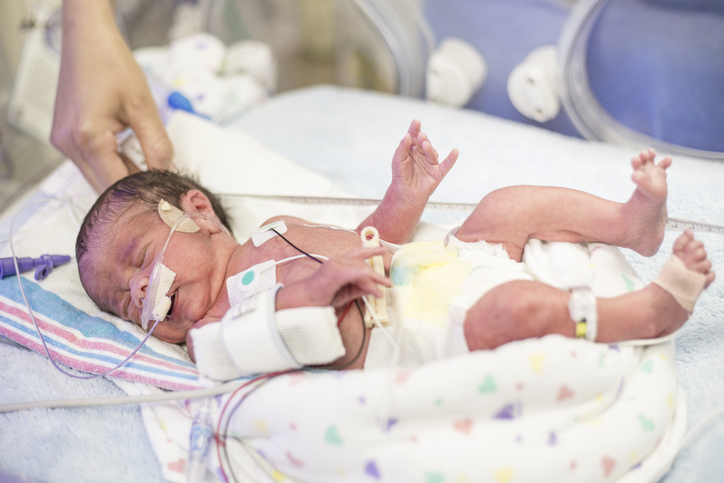Do you know where your Brachial Plexus Is?

Every time you bend your wrist, raise your hand, or shrug your shoulders, you’re making use of your brachial plexus, a bundle of nerves centered in your spinal cord. The brachial plexus is responsible for controlling the movement of your entire arm! If a doctor or mid-wife uses force or twists a baby’s head during …
Continue reading “Do you know where your Brachial Plexus Is?”
Read More



